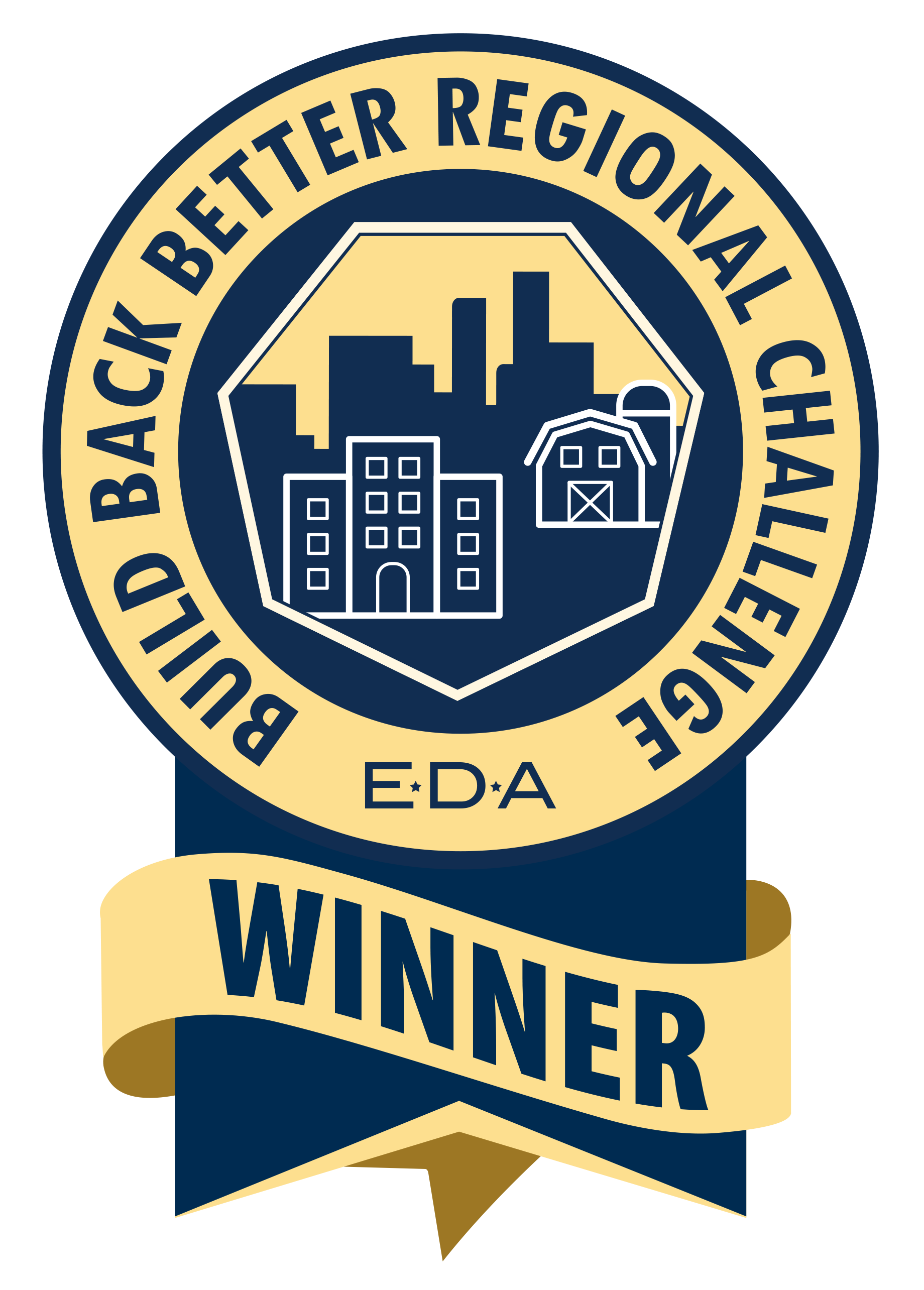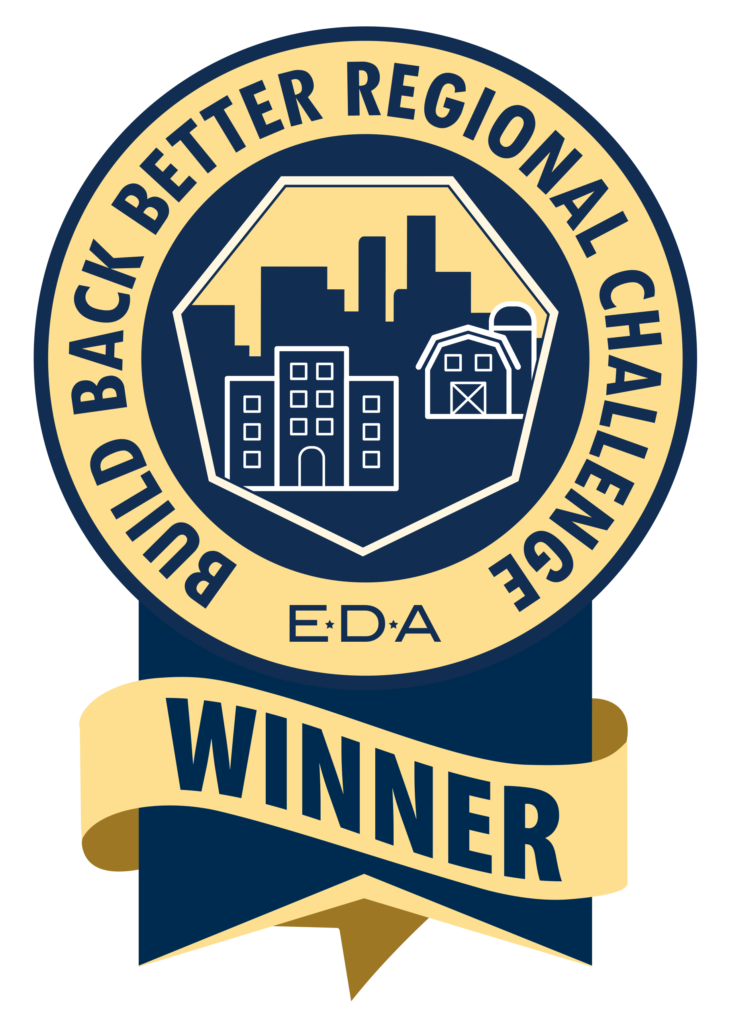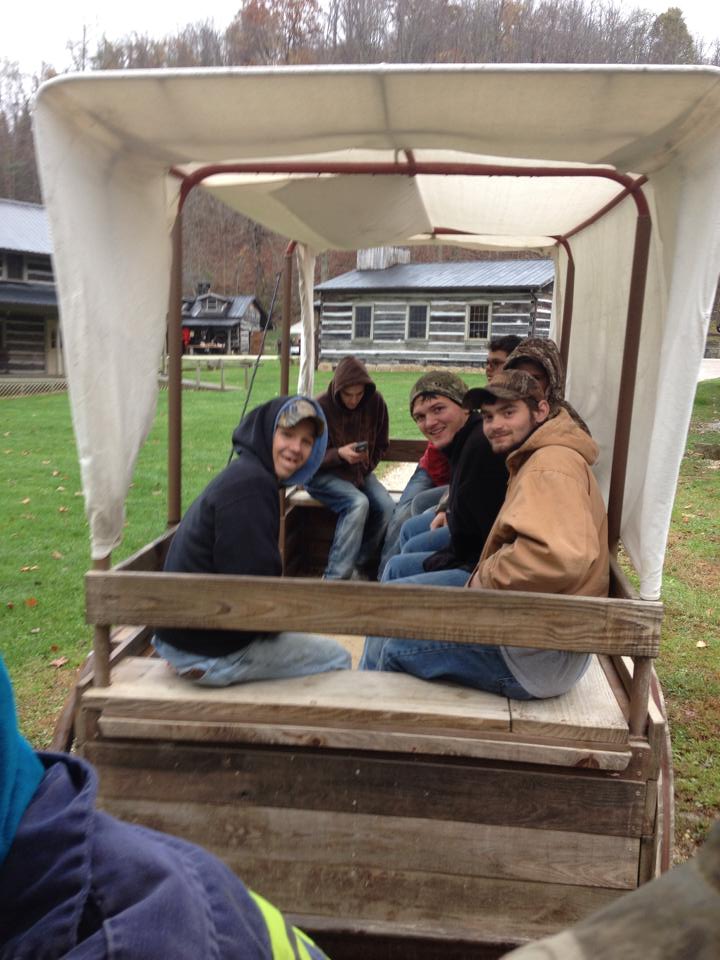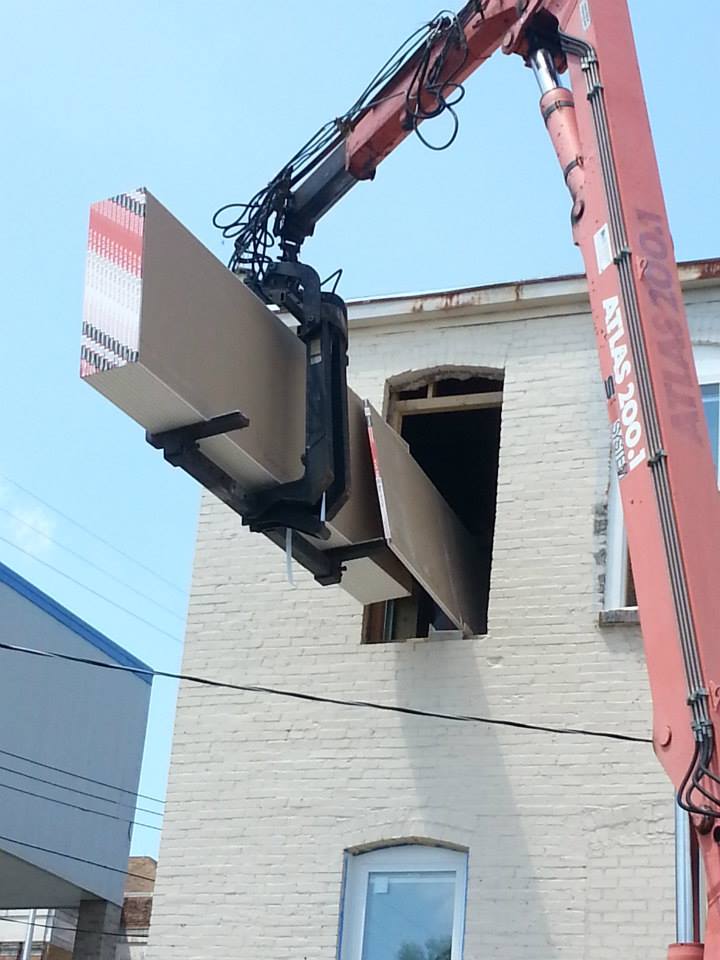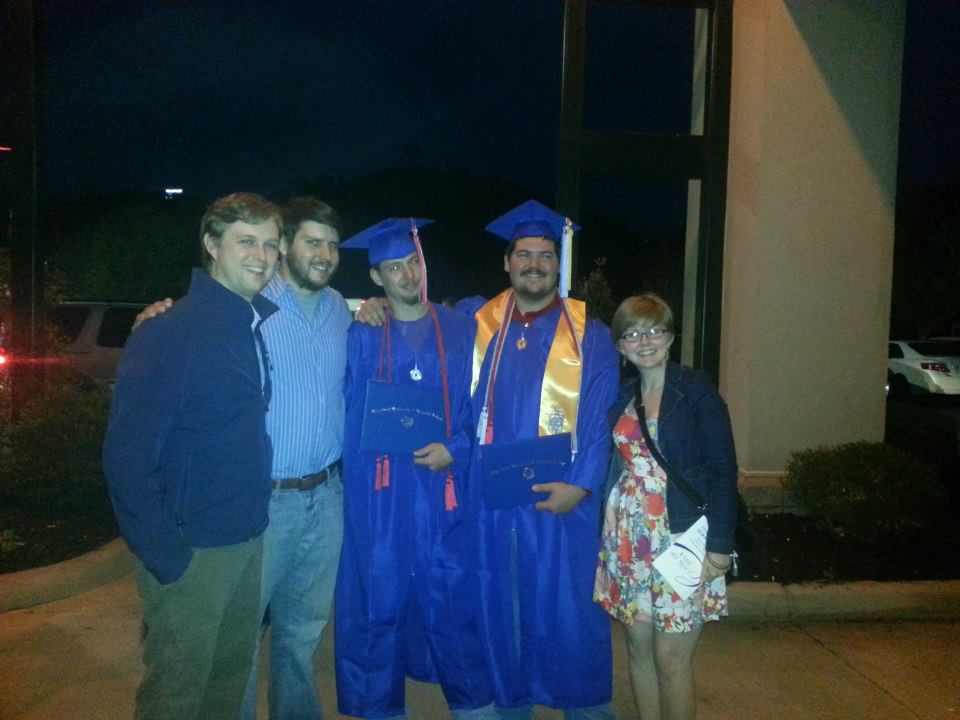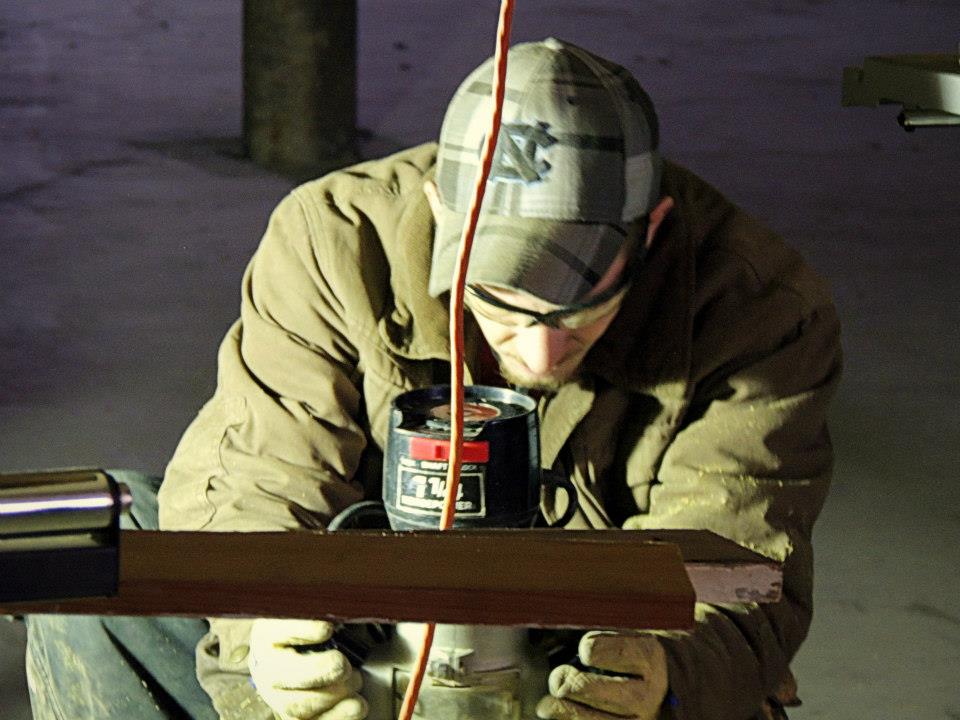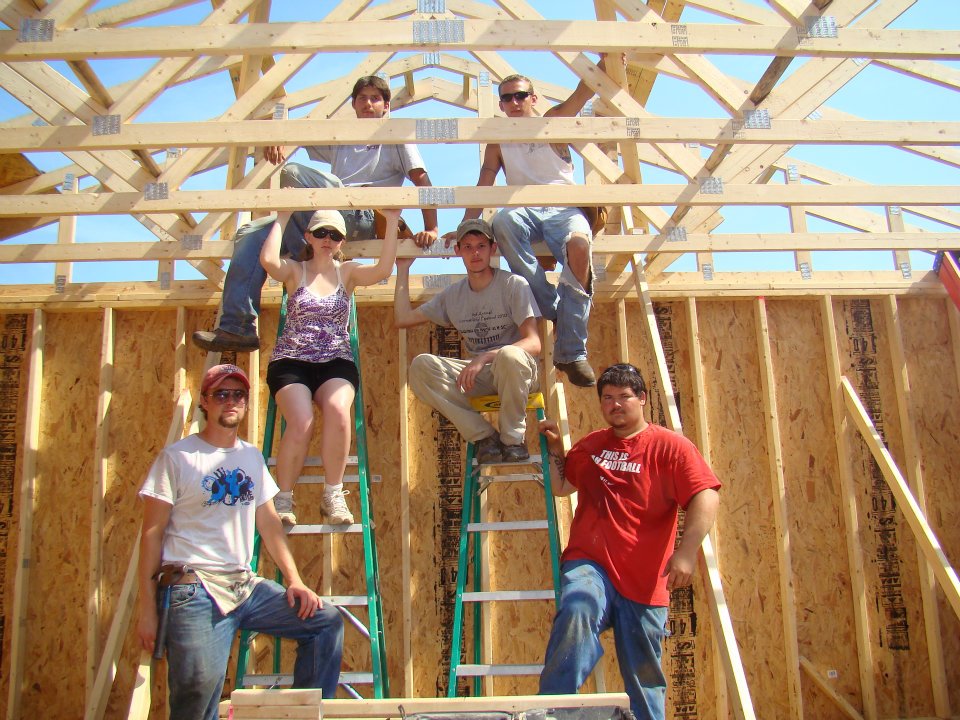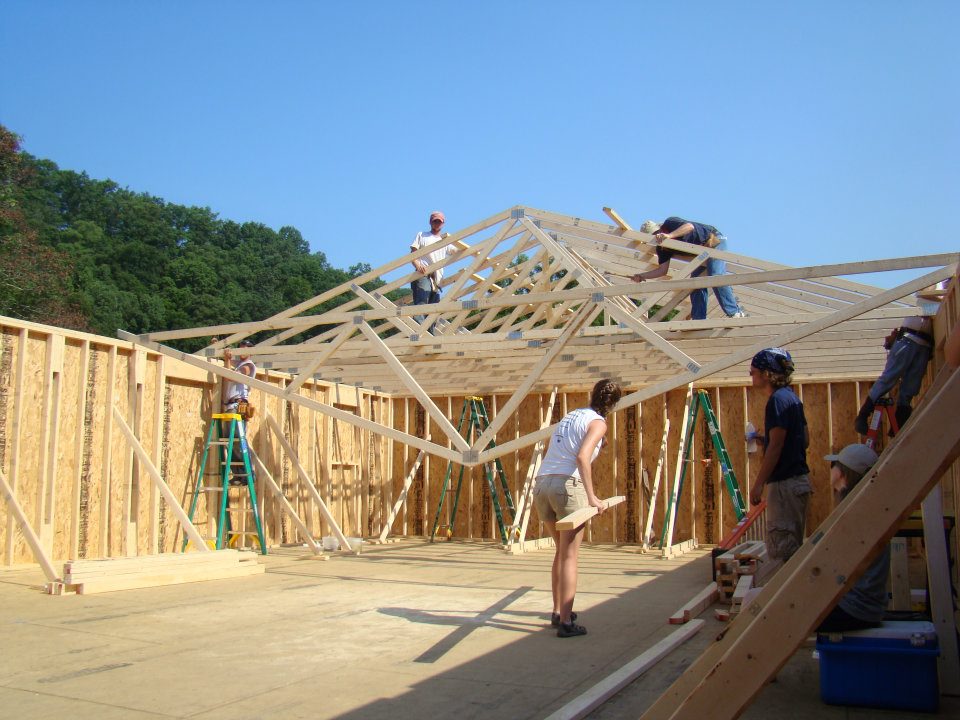One hot July evening, I had a conversation with a contractor that literally went as follows:
After pitching my green collar jobs idea, he responded:
“Wayne County?!?! Wayne County has the laziest people I’ve ever met. Nothing is ever going to work in Wayne County. Everyone just pulls SSI or welfare checks and they don’t want to ever do anything else.”
I responded,
“Well I’m seeing a lot of good things happening in Wayne County. And as for the people who you’re talking about, my program is going to help get them back to work.”
“Well,” he said, “I certainly hope you’re not planning on changing anyone. People never change. You need to learn that.” “I disagree with that.” “Well, you’ll change your mind eventually. You can’t just be serving some ‘higher green purpose.’” He waved his hands in the air mockingly. “All you can do is find something that makes money, raise a good family, and try to be an honest man. But if you want to stay in West Virginia, you’re going to have a hard time even just doing that, I guarantee. There just aren’t any opportunities here and people are lazy.”
His view of HUD and the need for housing assistance in general was even more discouraging, but I’ll spare you. This contractor is not, by any means, alone in his sentiments. I wish my recording of this conversation were an embellishment. It is not in the slightest.
Most disturbing of all to me were the contractor’s thoughts on the people of Wayne County (and on people in general, for that matter). Unfortunately, I have heard, time and time again, similar sentiments among many individuals in West Virginia-even individuals in the housing and community development field. I have literally heard statements such as “you can’t trust poor people in nice homes because they don’t know how to take care of things.” Or, “all that lives in public housing are pill heads and welfare moms.” Worse yet, “these people are just stupid and they deserve what they get.”
Now, I have seen with my own eyes some pretty bad situations on public housing grounds and in private complexes dominated by Section 8 vouchers. I will admit that tenants sometimes make unwise decisions. Yet for every criticism of public housing, I can retort with a criticism of wealthier neighborhoods. Should every measure be taken to ensure public housing is a safe, decent, and enjoyable place to live? Of course, and that will sometimes mean making the difficult decision to evict a person. But bashing residents and demeaning them in both subtle and not so subtle ways does nothing to accomplish providing safe, decent, enjoyable living quarters.

